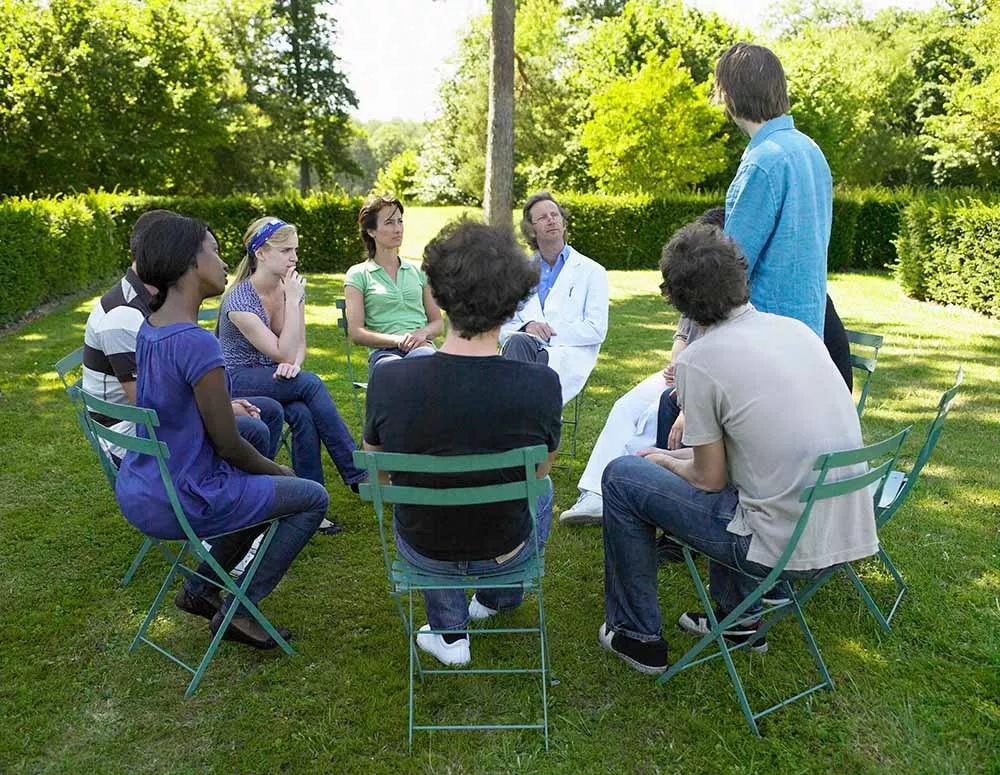No two people experience addiction in the same way, which means it can be difficult to know when to seek treatment. Many people might think that they don’t need treatment because they haven’t “hit rock bottom.” Others might think their drug or alcohol problem isn’t “bad enough.” While the severity of addiction ranges from person to person, it is a progressive illness. Without treatment, negative side effects and consequences can worsen over time.
This means there is no bad day to begin treatment. It’s better to get help at the first sign of the problem and before a substance addiction becomes overwhelming. Here are the top reasons to seek addiction treatment today and take the first step in the recovery journey.
The disease of addiction not only affects the individual but also the individual’s relationships with their family, friends, and partners. Loved ones need to cope with the problems addiction causes, such as:
If your relationships have been affected by addiction, recovery can be a healing process for both you and your loved ones. Some treatment programs may involve loved ones in therapy sessions or provide support groups for those impacted by addiction. Together, you can learn how to communicate and build trust again.
Issues at work may start small, like an occasional missed deadline or arriving late once or twice. As the addiction progresses, though, these minor issues become a pattern of problems that lead to poor performance and other consequences such as:
If you’re afraid of losing your job, or if you have already, it’s time to evaluate your drug or alcohol use. Addiction treatment programs can connect you with career coaching services to help you keep your current job or put you on the path to getting the job you want. Programs may also offer flexible appointment scheduling or virtual services that allow you to meet your treatment needs and professional obligations in parallel.
Substance use disorders are associated with a number of short- and long-term health effects. These effects differ depending on the drug type, how much is consumed, how often it’s used, and the person’s overall health and well-being.
As prolonged substance use progresses into addiction, complicated health problems and chronic conditions can develop, including:
If you’re experiencing any of these complications, take that as a sign from your body that you need help. Many treatment options include or help you navigate medical services that help manage your overall health conditions as you recover and heal.
Research from the National Institute on Drug Abuse (NIDA) shows that about half of the people who experience a substance use disorder will also have mental health conditions at some point in their lives. These include:
Some people develop mental health conditions as a result of substance abuse. For others, they use substances as a way to ease symptoms of mental illness. No matter the cause, it is important to treat both addiction and mental health at the same time.
Many programs use a treatment approach that combines psychiatric medication management with individual and group therapy. If you feel overwhelmed by your addiction and mental health issues, addiction treatment can help you manage your symptoms.
The parts of the brain responsible for judgment, vision, and coordination are among the first to be negatively impacted by alcohol and drug use. As a result, people who use substances are more likely to get hurt than people who don’t. These injuries can happen due to accidents like drunk driving accidents, fires, or falls. They may also be a result of violence, either as the aggressor or the victim.
Injuries can affect you and others for life. If you’ve injured yourself or others as a result of substance use, it’s important to get help before another incident happens.
When stopping alcohol or drug use, you will often feel worse before you start to feel better. Withdrawal is the process of the body adjusting to a lack of substances and can cause physical and emotional distress. The seriousness of these symptoms differs from person to person and depends on age, health, length of alcohol abuse and drug dependence, and amount of substances used.
If you’ve tried to stop substance use and experienced unpleasant symptoms, doctor supervision and medication can help – call 866-723-7354. or email gethelp@eleanorhealth.com so we can walk you through withdrawal safely.
Addiction recovery can be hindered by unhealthy relationships with others who use drugs or alcohol. Separating the people from the substances themselves is challenging, which is why it’s recommended to step back from friendships centered around substance use. If you’re looking to build healthy relationships that support healthy living, addiction treatment can help.
Many programs bring together people in recovery through group therapy and peer support networks. Together, you’ll help each other during difficult moments and celebrate your achievements throughout your addiction recovery process.
Addiction can make you feel lost, hopeless, and insecure, but there are proven treatment programs that can help you rebuild your life. Our outpatient program offers evidence-based therapies, including Cognitive Behavioral Therapy (CBT) and Dialectical Behavior Therapy (DBT), to help you develop healthy coping skills. Through Motivational Interviewing (MI), our specialists work with you to strengthen your commitment to recovery, while medication-assisted treatment can help manage cravings and withdrawal symptoms. Together, we’ll create a personalized relapse prevention plan that provides you with the tools and confidence to maintain long-term recovery and build the future you desire.
If you need help with your substance use disorder, we are here to help you build your confidence and momentum towards the future you want. We provide in-person and online treatment services for adults with alcohol use disorder, opioid use disorder, and other substance use disorders. We are currently located in Louisiana, Massachusetts, North Carolina, New Jersey, Ohio, Texas, and Washington.
Related Articles
 Questions to Ask Your Addiction Treatment Provider
Questions to Ask Your Addiction Treatment Provider
 How Do I Know if I Have a Problem With Drugs
How Do I Know if I Have a Problem With Drugs
 Which Addiction Treatment is Best for Me?
Which Addiction Treatment is Best for Me?